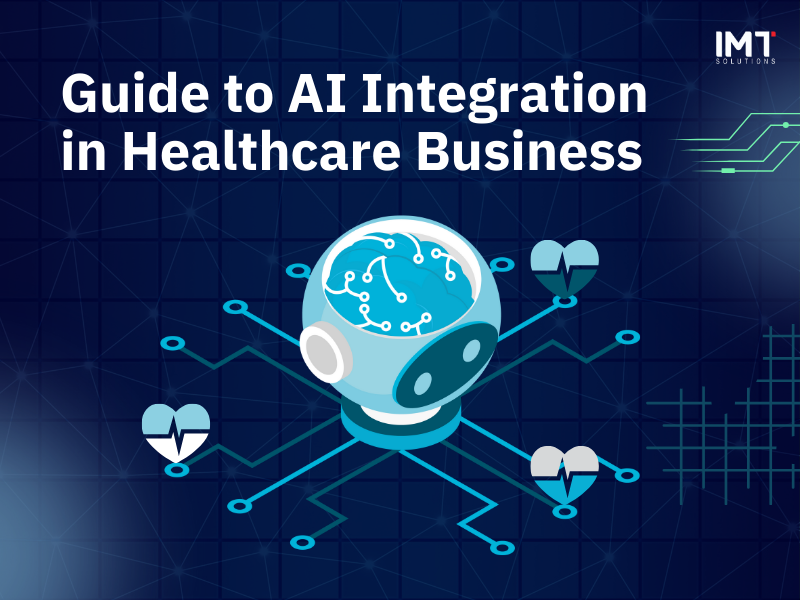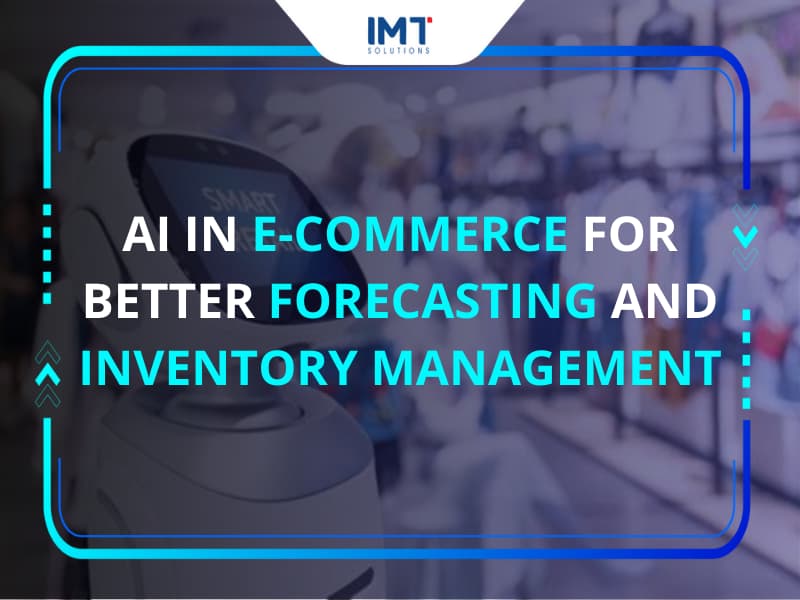THE IMPACT OF AI TRENDS ON INNOVATION ACROSS GLOBAL INDUSTRIES
Artificial intelligence (AI) has become a transformative technology reshaping every aspect of modern life. In early 2024, AI has been widely adopted across various sectors with the purpose to improve customer experiences. AI trends continue to fuel innovation in industries such as healthcare, automotive, education, and beyond. As a result, AI adoption has significantly increased over the past year, expanding its impact across various business functions. In this article, we will delve deeper into the impact of AI on these key industries.
AI TRENDS DRIVING INNOVATION ACROSS GLOBAL INDUSTRIES
健康管理
AI holds great potential to automate a wide range of healthcare processes, enhancing efficiency and improving patient outcomes. These range from routine administrative tasks to advanced technical areas, such as drug development. Task automation has streamlined workflows for doctors, patients, and hospital administrators. This has led to improved efficiency and substantial cost savings across the sector. This automation also enhances clinical decisions and speeds up tasks, allowing healthcare professionals to focus on critical patient care. It is undeniable that AI has a profound impact on this sector, significantly transforming various aspects of operations.
Here are some key AI trends driving operational efficiency in the healthcare sector
- Personalized Medicine: AI enables tailored treatments by analyzing individual genetic and medical data, improving precision, minimizing side effects, and enhancing recovery outcomes.
- Automated Processes: With data from existing systems, AI can automate scheduling, claims processing, and record management, streamlining operations and enabling greater focus on patient care.
- Drug Discovery and Development: Typically, this task requires significant time and effort; however, AI applications can process data with precision, facilitating a more efficient drug development process.

電子商取引
One of the sectors most actively adopting AI trends is the e-commerce industry, where AI has significantly enhanced operations and customer experiences. The benefits of AI in e-commerce range from driving increased sales to providing personalized customer service and streamlining resource allocation. Here are some key AI applications in e-commerce:
- Personalized recommendation: AI analyzes customer behavior to suggest tailored products, enhancing the shopping experience and boosting sales through more relevant offers.
- Logistics and Forecasting: AI improves supply chain efficiency by predicting demand and optimizing inventory, reducing delivery times, and cutting costs.
- AI assistants: AI chatbots provide instant customer support, handle inquiries, and assist with orders, improving response times and service availability.
- Pricing optimization: AI adjusts prices dynamically based on factors like demand and competitor pricing, ensuring competitive pricing while maximizing profits.

自動車サービス&ディーラー
Autonomous vehicles are a hot topic in today’s society, with major automotive companies competing to achieve full autonomy. At the heart of this innovation is AI, which plays a crucial role in advancing this futuristic technology. According to McKinsey, AI is impacting everything from product research to project management and business support functions. This technology plays a crucial role in enhancing various aspects of vehicle development, making cars smarter, safer, and more efficient:
- Autonomous vehicles: AI trends enable self-driving by analyzing data from sensors, cameras, and radar. It helps vehicles navigate roads, recognize obstacles, and make real-time decisions.
- Improved safety: AI powers advanced safety systems like automatic braking and lane-keeping. These systems detect hazards and can intervene to prevent accidents, which enhances the safety of the driver and pedestrian.
- Predictive maintenance: AI uses data to predict when vehicle components need servicing or replacement, allowing for better scheduling of maintenance.

Finance
In the financial sector, AI trends have optimized processes and operations, resulting in increased productivity and efficiency. More importantly, AI also plays a vital role in enhancing cybersecurity and managing fraud. According to Google Cloud, AI has brought in innovation across five key areas:
- Personalize products and services: AI can deliver highly personalized recommendations in terms of financial products or services that are tailor to each individual’s needs.
- Manage risks and fraud: With the ability to detect anomalies in the system, AI can help organizations in the sector stay attentive toward cyber threats.
- Automate operation and reduce costs: AI applications in any sector involve the ability to automate repetitive tasks, which can enhance productivity and reduce costs.
- Enables transparency and compliance: With regulatory requirements becoming more stringent, AI assists financial institutions in ensuring compliance by monitoring transactions, analyzing legal documents, and generating reports.
- Creating opportunities: By leveraging AI trends, financial firms can explore new business models and offer cutting-edge services that meet the evolving needs of their customers, gaining a competitive edge in the market.

FUTURE VISION: AI TRENDS THAT WILL DEFINE 2025 AND BEYOND
As we approach 2025, AI technologies are evolving at a rapid pace, reshaping the functions of various industries. AI’s application will not be confined to the industries mentioned above but will continue to expand into more areas of everyday life. To navigate these technological changes, businesses must stay informed about emerging AI trends that will significantly impact their industries and adapt accordingly to remain competitive.
- Sustainable AI: As environmental awareness continues to grow, sustainable AI is set to become a key focus in the future. The goal of sustainable AI is to minimize the energy consumption of AI systems by optimizing both algorithms and hardware, thereby reducing their carbon footprint. This initiative aligns with global sustainability efforts and aims to make AI technologies more environmentally responsible.
- Hyper-personalization: In today’s market, personalization has become a consumer expectation. Moving forward, AI will continue to drive hyper-personalization by enabling more tailored experiences, further elevating customer engagement. As AI evolves, this trend will transform competition across industries by setting new standards for personalized services.
- Multi-modal AI: This type of AI processes and integrates various types of input simultaneously, and is paving the way for more sophisticated and versatile applications across sectors such as healthcare, retail, and education. This capability enhances AI’s ability to address complex challenges by offering more comprehensive insights and solutions.
These are some of the key AI trends to monitor in the coming years. If you are considering which AI models would best align with your business needs, please do not hesitate to contact us. We would be pleased to discuss the most suitable approach for your organization.





